 Almost everything that the author of “Upitnik” (Questionnaire) , Olivera Jovićević, has done throughout the show, was timid assistance to the Prime Minister’s monologues. Nevertheless, she had, both the professional and human responsibility, to ask the most important questions regarding the helicopter crash, which she failed to do
Almost everything that the author of “Upitnik” (Questionnaire) , Olivera Jovićević, has done throughout the show, was timid assistance to the Prime Minister’s monologues. Nevertheless, she had, both the professional and human responsibility, to ask the most important questions regarding the helicopter crash, which she failed to do
There is a pretty clear hierarchy of topics in the journalist trade. The most important news are the ones speaking of the loss of human lives. The more people lost their lives, the more important the topic is. Thus it deserves more place, time and the most prominent position in the newspapers or rather a leading place on a radio or TV show, as soon as they begin. The more important the topic is , more preliminary work is then expected from a journalist: prepartion, getting acquinated with the topic and forming the questions for which answers are to be sought. Accordingly, more persistence is expected from journalists, when seeking these answers.
When Vučić asks the author of the show: “Why does anyone have to be guilty?”, instead of using the opportunity, Olivera Jovićević replies: “That question should not be aimed at me”, allowing him to decide on his own, when to finish his political speech, and then hastily moves on to the next topic, the educators’ protest
None of this could have been seen in the Radio-Television show “Upitnik” (Questionnaire), in which the guest of the author, Olivera Jovićević, was the Prime Minister Aleksandar Vučić.
One Cenzolovka text cannot provide sufficient space for the analysis of the entire show. Therefore, we shall only tackle the part which has been devoted to the topic that has occupied the attention of the public the most: the helicopter crash where seven people lost their lives. The interview started with the discussion of Železara Smederevo (more precisely, the Prime Minister’s assisted monologue, but it is always like that, isn’t it?). The host then asked Vučić for the preliminary results of the crash investigation. Just by asking such a question, the host assumed that the President of the Government, now as a matter of habit, is usurping authority, that he is not entitled to by law, and that he has most certainly taken upon himself the authority to run the investigation of this case. During the conversation, such assumption has proven to be true. A conscientious reporter would point to such a fact and would not take it lightly.
Ms Jovićević then let the Prime Minister interview himself. After the inital minute of this block, when he actually spoke of the investigation, he then changed the subject and held a political speech for entire four mintues, before timidly, Olivera Jovićević had him return to the previous topic.
The Prime Minister reaches for the transcript of the conversation between the helicopter’s pilot and the command center and acts as if he is personally in charge of the investigation. The host fails to react in any manner. On the contrary, she acts as if talking to the acting prosecutor, and asks what shall happen should it be determined that procedures have been violated. Vučić immediately reaches the verdict: no procedures have been violated. Olivera Jovićević does not react
Aleksandar Vučić then excluded the speculation of the helicopter running out of fuel, whereby the host asked him of the possibility of a breakdown. At this point, the Prime Minister reached for the transcript of the conversation between the helicopter’s pilot and the command center and acted as if he is personally in charge of the investigation. The host failed to react in any manner. On the contrary, she acted as if talking to the acting prosecutor, and asked what shall happen should it be determined that procedures have been violated. Vučić immediately reached the verdict: no procedures have been violated. Olivera Jovićević did not react.
Vučić then continues with the political tirade, though only a two-minute one, occasionaly taking over the job of his host, when he asked her: “Why does anyone have to be guilty?”. Instead of using the opportunity, Olivera Jovićević replied: “That question should not be aimed at me”, allowing him to decide on his own, when to finish his political speech, and then hastily moved on to the next topic, the educators’ protest.
All in all, the discussion of the helicopter crash lasted for 12 minutes, and half of the time Vučić spoke of something else. And what actually was spoken of the accident itself concerned only the last 15 minutes of the flight. What preceded it was not mentioned at all.
Given that on that day, the Prime Minister himself spoke of the helicopter crash and expressed his disapproval of the requests for the responsibility of the Ministers of Defence and Health to be determined ( “I will not give you Lončar and Gašić”), and having shown in the show, that he does have available the data from the investigation, Olivera Jovićević was then both, under human and professional obligation, to ask, on behalf of the citizens of Serbia, the following questions, and to insist on their answers:
1. Who, why and how, reached the decision not to land the helicopter neither in Kragujevac nor in Kraljevo, given that both cities are much closer to Raška than Belgrade? Representatives of the health institutions from those cities, have been claiming that they did have the necessary conditions to take care of the ill newborn and that the meteorological situation was far better there (there was no fog neither in Kragujevac nor in Kraljevo). Poor lighting of the landing spot cannot be a reason for such a decision, given that on that night the helicopter had no problem landing in the army barracks of Raška. With the existing lighting provided in suitable places(barracks, large parking lots, stadiums, heliport made for President Nikolić in the nearby Bajčetina) and with the additional improvised lighting, this problem could have been removed.
2. Is the public prosecutor involved in the investigation, just like he would be in any other case where the possibility of a criminal offence being committed exists?
3. In which manner has the Prime Minister obtained the data from the investigation and isn’t the manner in which he is using them, illegal?
4. Do the statements on “not giving” the ministers, actually pose illegal influence on the investigative authorities?
5. Why doesn’t Kragujevac have a heliport, just like Bajčetina?
There is more to it, but these are the most important questions. Olivera Jovićević has not even attempted to ask them. Why? Was she not well prepared for the subject? Such conduct is unprofessional and careless. Did she perhaps feel that they are not important? Utter misinterpretation of the purpose of her job. She wanted to ask them, but in the last minute, having been intimidated by the Prime Minister’s aggressive performance, she gave up.
Perhaps, many reporters do give in when they have to ask something that they their guest would disapprove of (and very often their interviewees make this quite clear, before the cameras turn on). This is especially the case when talking to someone holding a high position. But the job of an author of a “political talk show” running at prime time on the first channel of the public service, in a country dealing with such serious issues, is not for those easily scared.



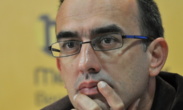

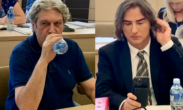
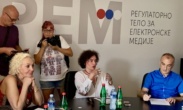
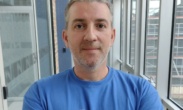
 Algoritam ili urednik - ljudima je svejedno
Algoritam ili urednik - ljudima je svejedno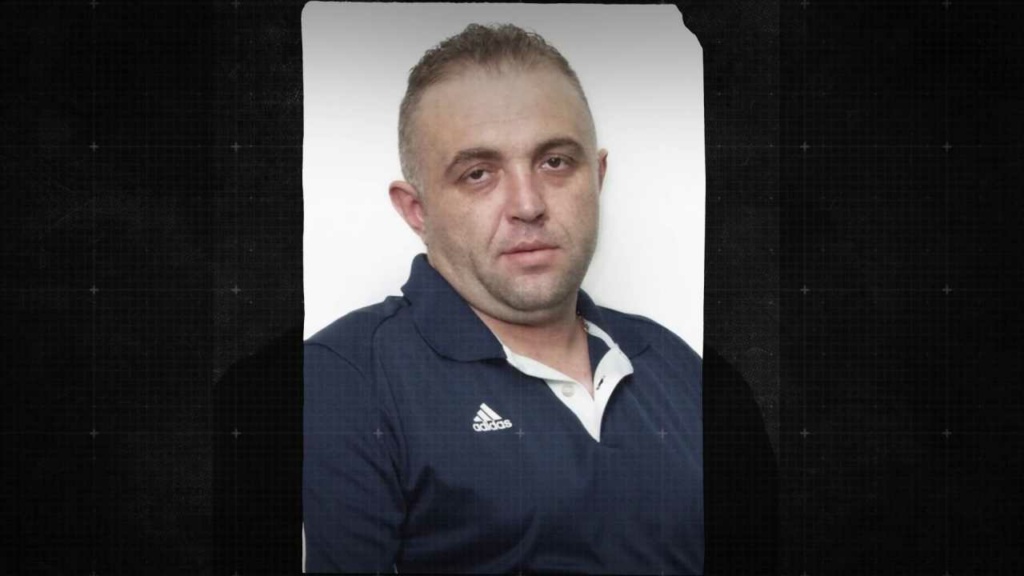 Predmet s presudom Dejanu Nikoliću Kantaru nestao u Višem sudu u Vranju
Predmet s presudom Dejanu Nikoliću Kantaru nestao u Višem sudu u Vranju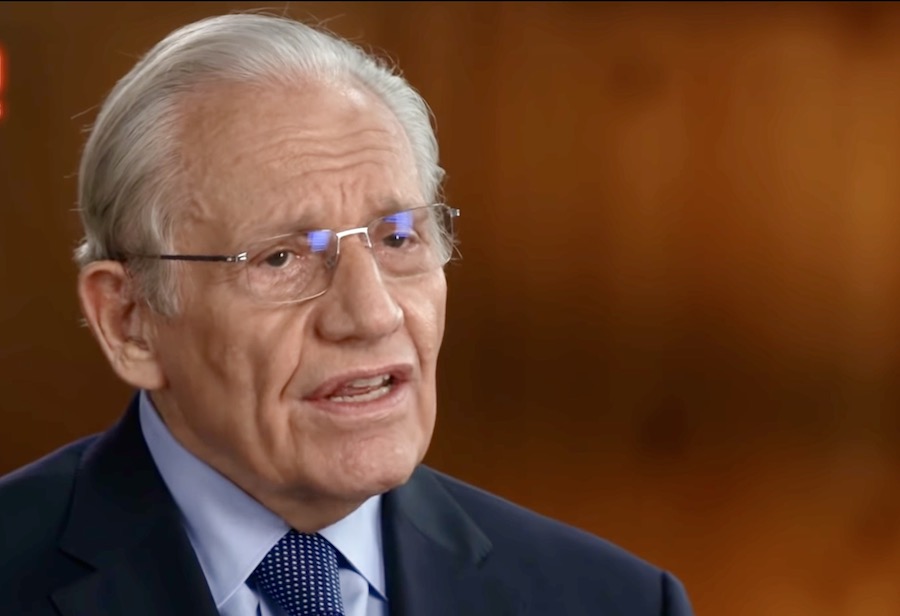 Zar i ti, sine Bobe?
Zar i ti, sine Bobe?
Ostavljanje komentara je privremeno obustavljeno iz tehničkih razloga. Hvala na razumevanju.